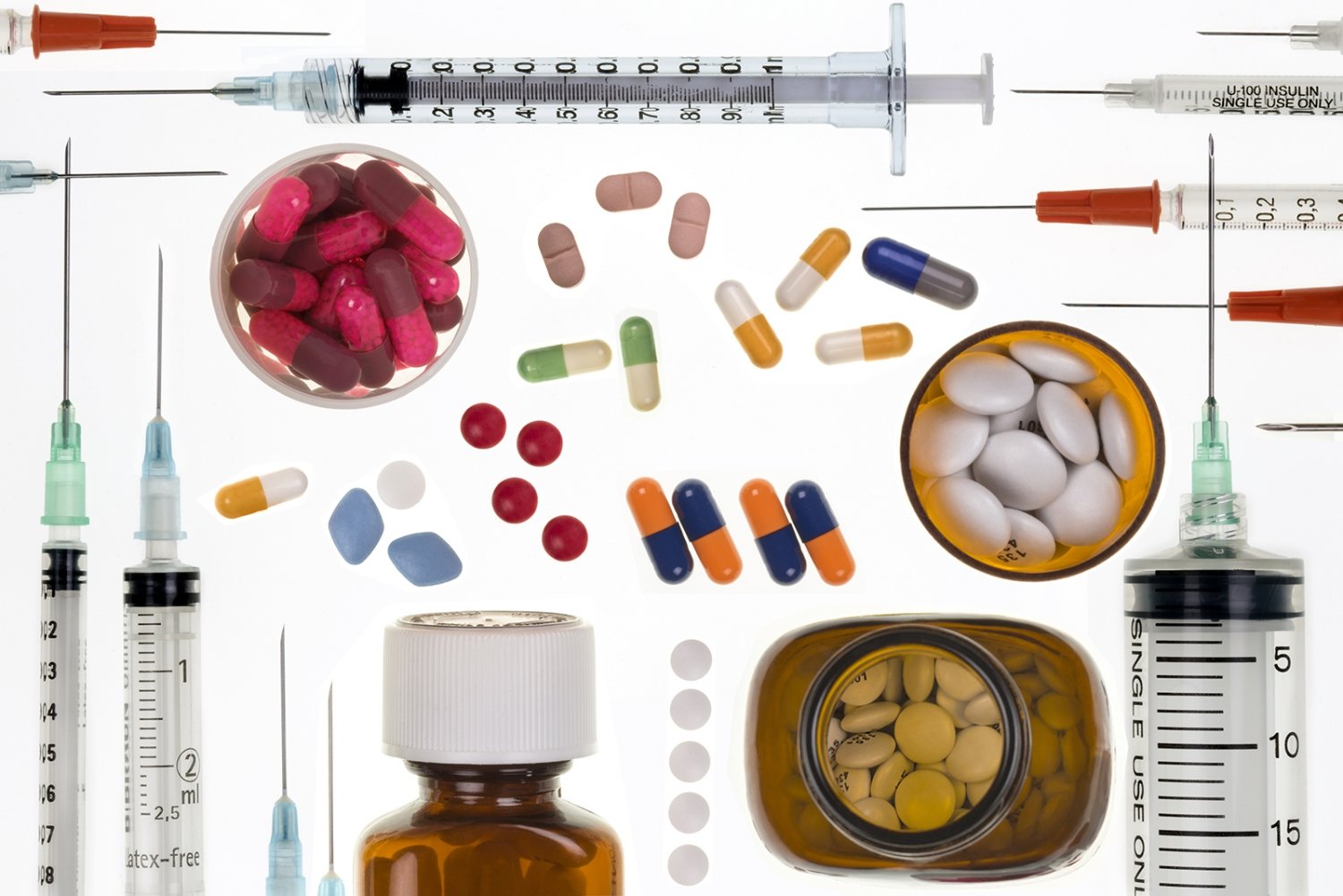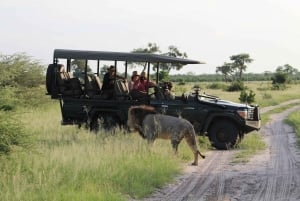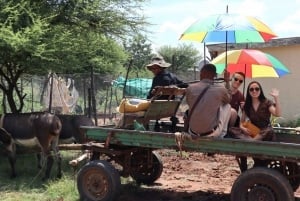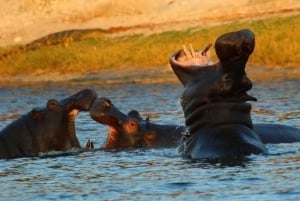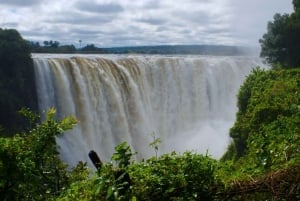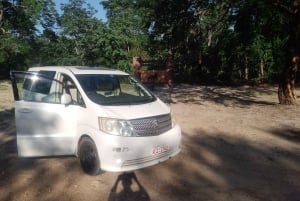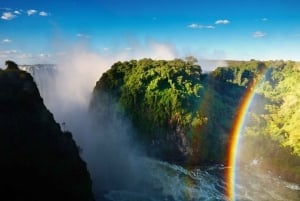Health Precautions & Vaccinations
Do you need to get vaccinations?
It is recommended to consult your GP at least 6-8 weeks before travelling to Botswana, to ensure you are up to date with your routine vaccines and discuss malaria prevention. Some medication may need to be taken days or weeks prior to arrival in the country and therefore requires advanced planning.
NB: We are not medically qualified and unable to provide a professional opinion. These are only suggestions.
For everyone
We recommend anyone to be up to date with your routine vaccines, which include Measles-Mumps-Rubella (MMR), Polio, Tetanus and Chickenpox.
For those visiting more rural areas and/or are adventurous eaters
Both Hepatitis A and Thypoid can be contracted through contaminated food or water. Although there is a small possibility of contracting these anywhere in the country,one is more likely to fall victim to these illnesses in the rural regions. Although the water is drinkable in the more "touristy" areas of the country, it is always suggested to stick to drinking bottled water where possible, to avoid an upset stomach.
Malaria Prophylaxis - Who is it for?
Botswana is known as a higher risk malaria area, which applies to most of the tourist destinations with the exception of the Kalahari, Khutse Game Reserve and Kgalagadi, which are much drier and less populated (this does not mean there is no risk factor, but significantly less).
Is malaria prophylaxis a requirement? Yes and no. It is definitely recommended to take malaria prevention when travelling to Botswana, however considering some of the following factors, is not necessarily a requirement everywhere you go.
In order to contract malaria, you need to be in an area that is home to the Anopheles Mosquito, which is the case in the more humid areas of Botswana and it's neighbouring countries. The female Anopheles Mosquito would need to feed on an already infected person and within a certain period feed again on a healthy person, to which it passes the parasite.
If you are visiting more rural or highly populated areas, your chances of contracting malaria are more likely, as there may be a hospital in the area where malaria patients are being treated. If you are in the midst of nowhere, with no malaria patients near you and located in a drier climate, the chances are significantly less.
Random Fact: There are approximately 3500 recorded species of Mosquito, of which only 430 are Anopheles Species, of which only 30-40 species transmit malaria.
Preventative measures:
- Wearing long sleeves, trousers and hats to cover up exposed skin
- Apply mosquito repellant, especially between dusk and dawn. Most accommodations do provide insect repellant, but I suggest to bring a reserve just in case. The most popular brand in Southern Africa is "Peaceful Sleep", which you can also purchase at a local supermarket.
- Use a mosquito net if the area you are sleeping in is exposed to the outdoors (most lodges have mosquito nets as part of their decor).
For those working with animals or planning to spend a lot of time "in the bush"
A Rabies shot would be recommended for people working in close proximity of animals, such as veteranians or volunteers assisting with wildlife projects. It is also suggested for anyone planning on spending prolonged periods of time hiking in the wilderness.
For those travelling via a country with high risk of contracting Yellow Fever
There is no reported risk of contracting Yellow Fever when travelling to Botswana and has been classed as a "no risk" destination. It is however a requirement to provide proof of a Yellow Fever vaccination upon entry, if having travelled via any of the high risk Yellow Fever destinations. For a full list of high risk yellow fever destinations please click here.
General Information obtained from the Centers for Disease Control and Prevention as well as the World Health Organisation.


